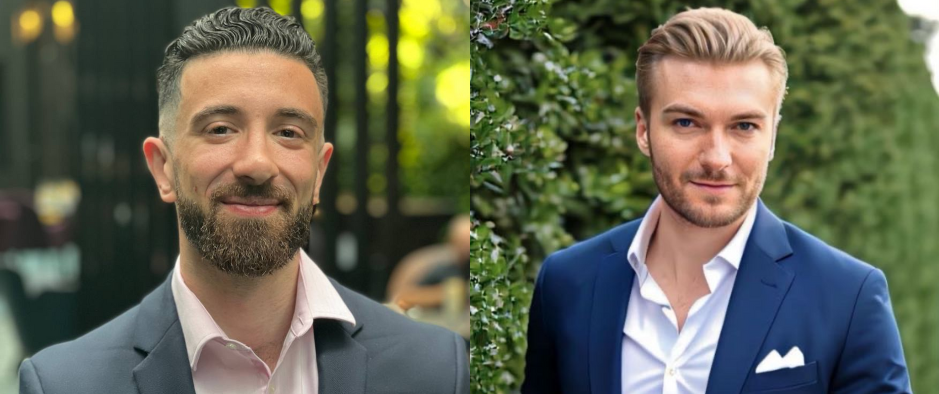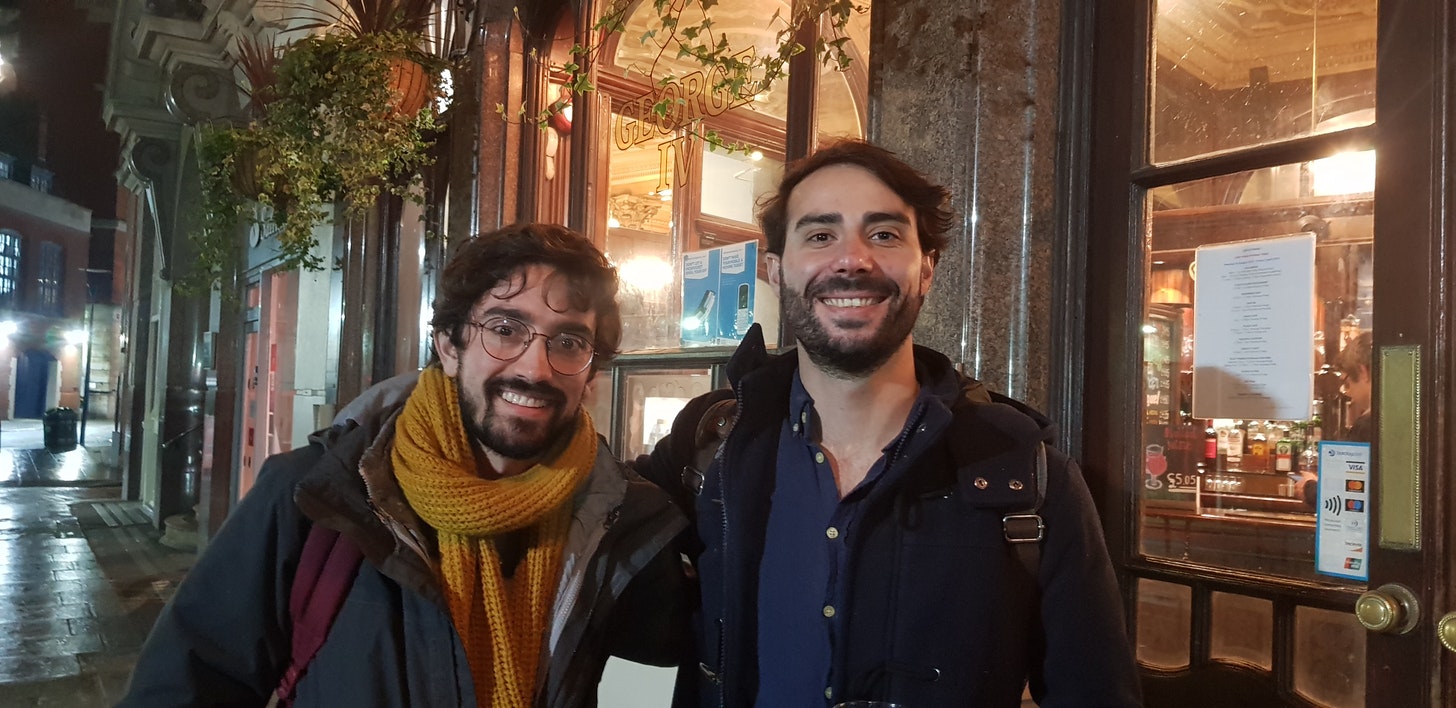Meet Zoe Stones, Organisational Behaviour alum, who has since co-founded Ambr, a software company that helps leaders determine the causes of burnout in their organisations.
Programme and graduation year: MSc Organisational Behaviour, 2013
Company name: Ambr – Preventing workplace burnout
How did your time at LSE (Department of Management) contribute to your success/achieving this incredible feat?
I didn’t start Ambr until nearly 10 years after I graduated from LSE, but it was still a significant influence on the company’s founding. The contents of the Organisational Behaviour MSc were very directly relevant to what we do as a company – Ambr’s software scans organisational data for the root causes of burnout in order to inform senior management of the stressors they’re exposing their employees to, therefore this was a direct transfer of knowledge that I took from my course straight into the company.
But there were less direct forces too. One very clear one was the heavily quantitative nature of the course at LSE, even to a topic like Organisational Behaviour. I believe that this gave me the mindset that quantitative methods can and should be used to identify organisational issues, which are often neglected. Using data to analyze organisational problems was one of the core inspirations behind Ambr.
What inspired you to set up your business (tell us a bit about your career journey)?
Myself and my two co-founders have had similar career paths, starting out as management consultants and then moving into high-growth tech companies (both high-pressure working cultures). Unsurprisingly, all three of us struggled with burnout, to some extent. But it was actually our experience as managers that gave us the insight that led us to start Ambr – the fact that unfortunately, even with the best intentions, we were failing to protect our team members from chronic stress.
We looked around for products to help us protect our staff from burnout – but all we found were individual wellness solutions like meditation, coaching, or therapy. All of these have some value, of course, but I knew from the research that these were essentially sticking plasters, and not addressing the true organisational root causes of burnout. And so we sought to create a product that would provide an early warning system to senior management about organisational risk factors that can lead to employee burnout, with the intention of allowing managers to take preventative action to protect their staff from burnout – in turn improving retention and productivity.
What are your plans for the future of Ambr?
We are at a very exciting point with Ambr where we are growing quickly and helping many organisations prevent burnout in their teams. We’re very happy to speak to any LSE alumni who are interested in hearing about how Ambr can help them (feel free to contact me on zoe@ambr.company).
Do you have any advice for current students wishing to set up their own businesses?
Take your time. Don’t feel that you need to be starting a business in the years immediately following your graduation.
Like Ambr, there are so many future innovations and companies that will only come about as the result of extensive professional experience, or indeed many other life experiences that won’t usually happen in your early 20s.
Equally, for me personally – the security of having an established career behind me was absolutely critical in allowing me to take the jump into entrepreneurship. So understand that there is a place for entrepreneurs from every life stage, and there is no rush.
Get involved with our alumni, volunteering opportunities and connect with the Department of Management.
Find out more about the MSc in Human Resources and Organisations.






